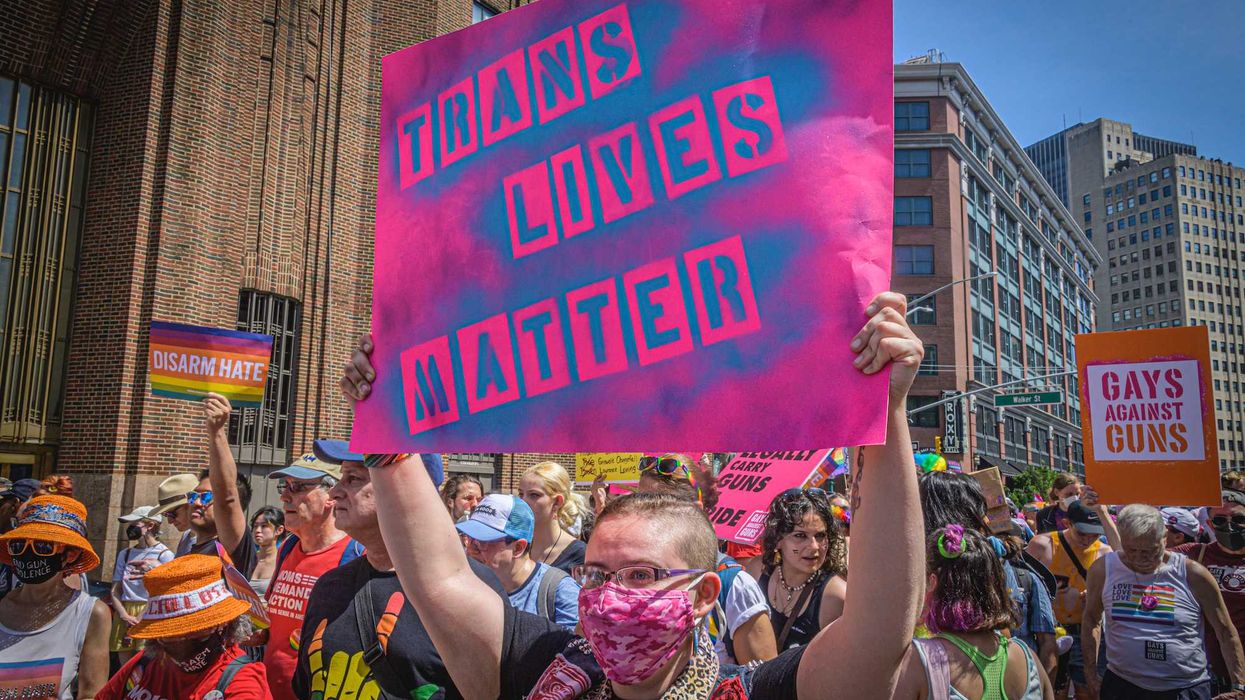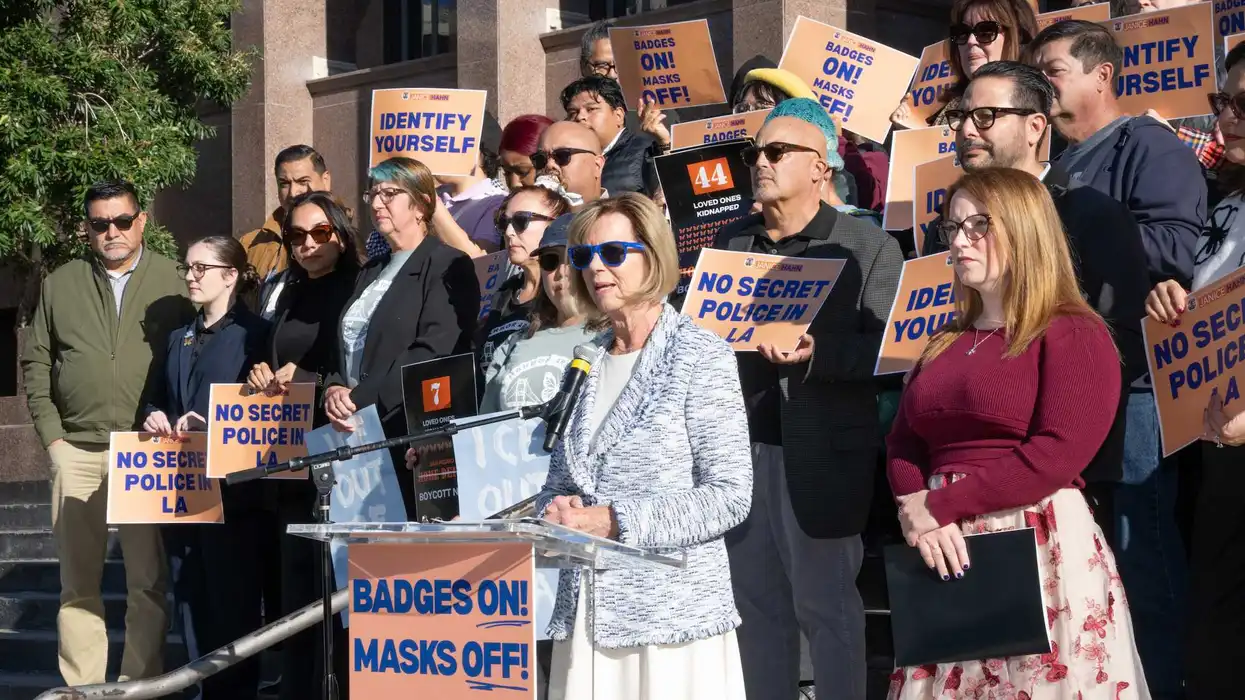Religious people are more likely to be Republicans and secular people are more likely to be Democrats, according to a new survey.
 Anti-abortion demonstrators hold signs outside the U.S. Court of Appeals for the D.C. Circuit in Washington, D.C., May 8, 2014. (AFP PHOTO/Saul Loeb)
Anti-abortion demonstrators hold signs outside the U.S. Court of Appeals for the D.C. Circuit in Washington, D.C., May 8, 2014. (AFP PHOTO/Saul Loeb)
Though not surprising, the Gallup poll released Monday was not a mere snapshot in time, but a survey of 30,000 voters from January through June 2014.
“With few exceptions, Americans' religiousness remains a major predictor of their political orientation,” Gallup said.
What does this mean for both political parties?
“From a practical politics standpoint, Republicans face the challenge of expanding their party's appeal beyond the minority of Americans who are very religious, and appealing to Hispanics and Asians given that even the most religious of these growing groups tilt Democratic, albeit not as much as others in these groups who are less religious,” Gallup said.
Among the survey's findings: Forty-nine percent of very religious people support the GOP, compared to only 29 percent of nonreligious people who do.
Just 36 percent of very religious people support the Democrats, while 52 percent of nonreligious people support the party.
“Democrats face the challenge of attempting to broaden their party's appeal beyond the base of those who are moderately or nonreligious, a tactic that most likely will require effort to frame the party's positions on social justice and equality issues in a way that is compatible with a high degree of religiousness,” Gallup said.
Gallup defined "very religious" as someone who said their faith is an important part of their life and who attends religious services weekly or almost every week. They make up a plurality of the country at 41 percent.
Of this group, 49 percent were Republicans, jumping to 64 percent among whites. However, very religious black Americans still lean 77 percent Democrat. A plurality of 46 percent of very religious Hispanics support Democrats, while 50 percent of very religious Asians vote Democrat.
The survey defined nonreligious as those who said religion is not important to them and seldom or never attend religious services, so the classification isn't neccesarily limited to nonbelievers. This group makes up 30 percent of the population and backs Democrats across all demographics: Fifty-one percent of white nonreligious voters; 73 percent of nonreligious black voters, 55 percent of nonreligious Hispanics and 61 percent of nonreligious Asians.
The third category, moderately religious, said religion is important to them, but rarely attend religious services, and make up 29 percent of the population. The party divide here is closer, with 44 percent going to Democrats and 38 percent going to Republicans.
Among moderately religious black voters, 76 percent support Democrats. Among moderately religious Hispanics, 51 percent said they support Democrats, while 59 percent of moderately religious Asians support Democrats. Only among moderately religious white voters do Republicans carry a majority of 51 percent.

 Anti-abortion demonstrators hold signs outside the U.S. Court of Appeals for the D.C. Circuit in Washington, D.C., May 8, 2014. (AFP PHOTO/Saul Loeb)
Anti-abortion demonstrators hold signs outside the U.S. Court of Appeals for the D.C. Circuit in Washington, D.C., May 8, 2014. (AFP PHOTO/Saul Loeb)






